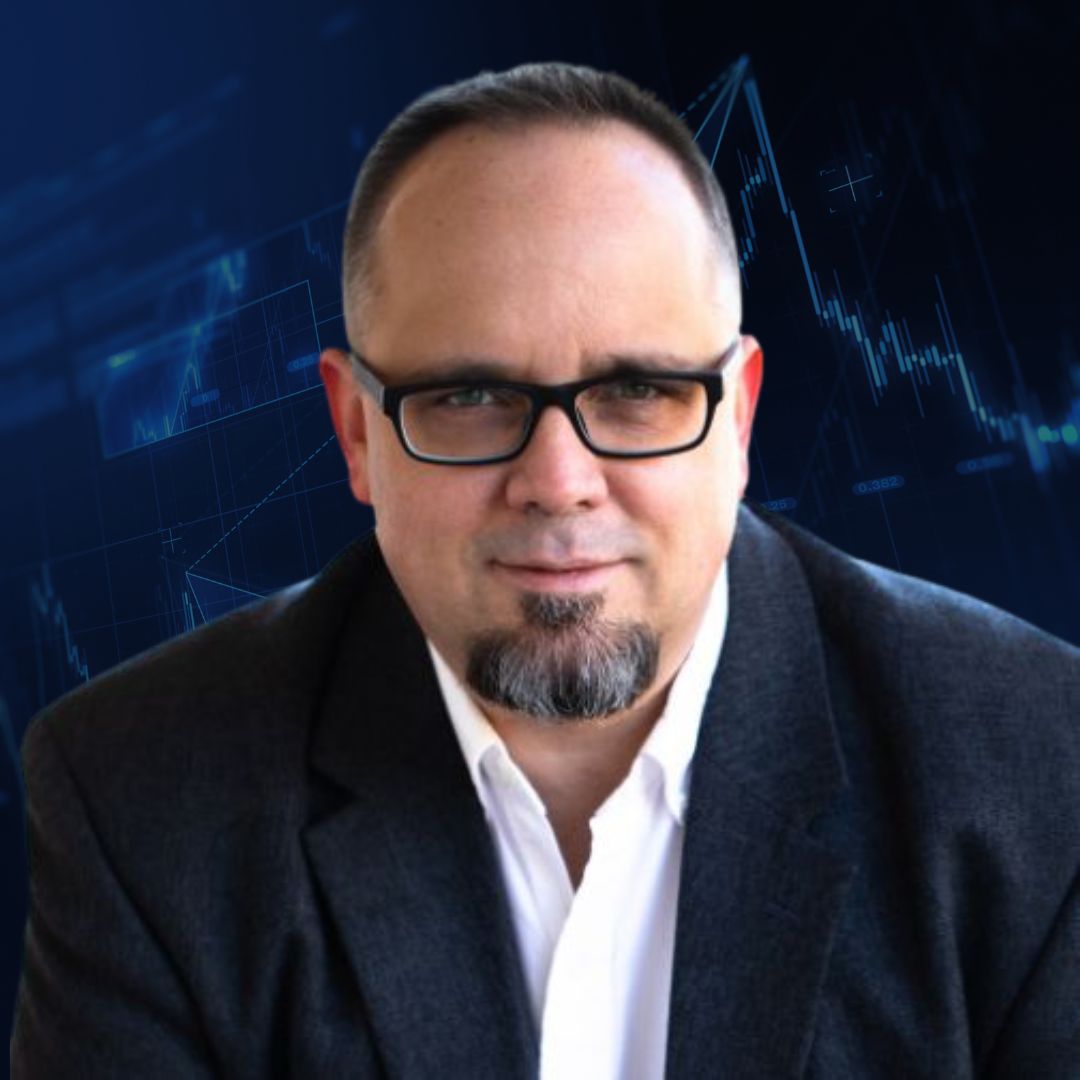Thriving in the Digital Age: Insights from Carrot CEO Trevor Mauch
In this episode of Collective Clicks, Brandon interviews Trevor Mauch, CEO of Carrot, about the evolving landscape of the real estate market and the importance of online marketing strategies like PPC and SEO. Trevor highlights the necessity for agents to adopt a hybrid approach, combining their roles as both agents and investors to cater to a broader range of sellers.

Join Brandon as he interviews Trevor Mauch, CEO of Carrot as they discuss the real estate market's future, online marketing strategies, and real estate's evolving landscape. Get ready to dive into the shift towards PPC and SEO and the future of search engines. Trevor will also be sharing his thoughts on the importance of expertise, authority, and trust in Google rankings. Whether you're a seasoned real estate investor or just getting started, this conversation is guaranteed to be insightful and informative. Thanks for listening to Collective Clicks! We're always looking to improve the pod: drop us some feedback here. If you're looking to finally unlock PPC as your best marketing channel, you can start with a free strategy consultation here.
Ready to join the big leagues?
Start with a free strategy consultation.




.jpg)





.webp)
